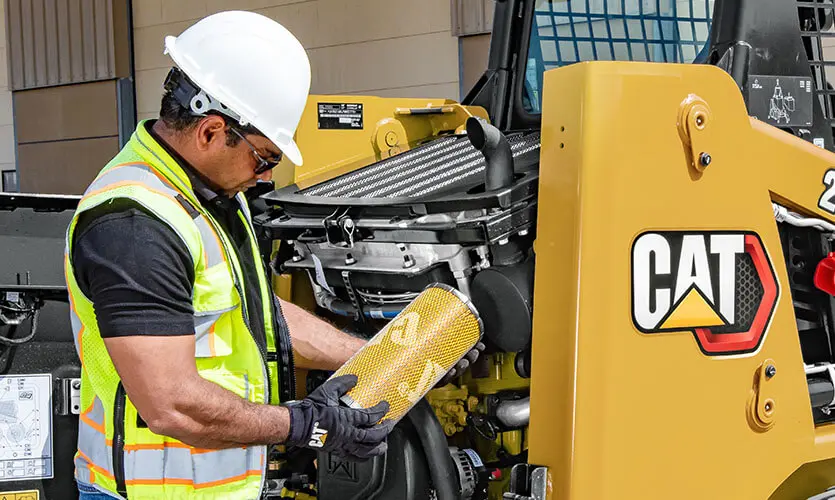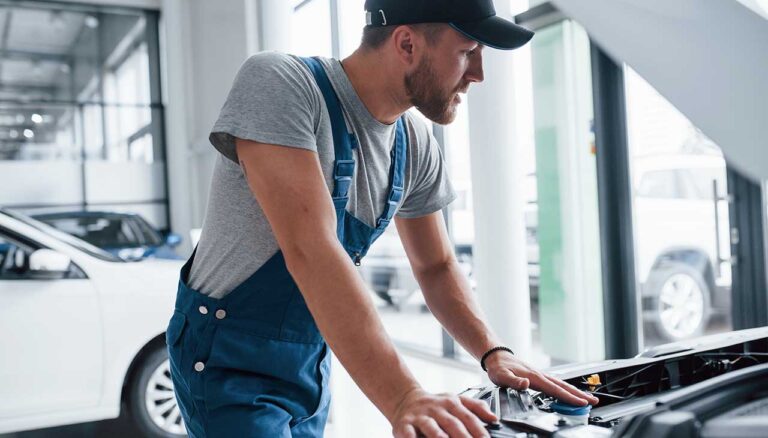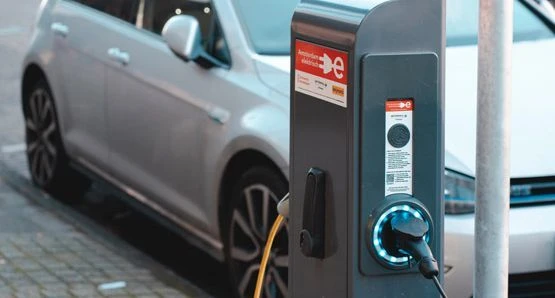Construction equipment is a vital asset on any job site. From excavators and bulldozers to skid steers and loaders, these machines perform heavy-duty tasks that drive productivity and project success. However, like any investment, construction equipment for sale requires consistent care to function reliably and efficiently. Without regular maintenance, even the most robust machine can break down prematurely, leading to costly repairs and project delays.
To extend the lifespan of your machines and protect your bottom line, here are some essential maintenance tips every construction equipment owner or operator should follow.
- Follow The Manufacturer’s Maintenance Schedule
Every piece of construction equipment comes with a manufacturer-recommended maintenance schedule that outlines when to inspect, service, or replace critical components. This schedule is designed based on operating hours and the machine’s unique specifications.
Ignoring or delaying scheduled maintenance may void warranties and lead to equipment failure. Make it a priority to track service intervals for each machine in your fleet and log every inspection, oil change, and replacement.
- Conduct Daily Pre-Operation Inspections
Before starting any machine for the day, operators should perform a thorough visual inspection. This simple habit can identify issues before they escalate into serious problems. Daily checks should include:
- Fluid levels (engine oil, coolant, hydraulic fluid).
- Tire pressure or track condition.
- Battery charge and terminals.
- Hydraulic lines and hoses for leaks or cracks.
- Wear on attachments and blades.
- Lights, alarms, and safety systems.
Encourage operators to report any abnormalities immediately so they can be addressed before operation.
- Keep Equipment Clean
Construction sites are dusty, muddy, and filled with debris—conditions that quickly build up on machines. While it may seem cosmetic, keeping your equipment clean is vital for long-term performance. Caked-on dirt can block filters, clog radiators, and conceal damage such as oil leaks or cracks.
Use pressure washers to clean exterior surfaces regularly and clear out engine compartments or undercarriages where buildup is common. A machine that is clean is less likely to overheat or break down and is also easier to inspect.
- Monitor Fluid Quality And Levels
Fluids are the lifeblood of your equipment. Engine oil, transmission fluid, brake fluid, and hydraulic oil play crucial roles in performance. Beyond just topping off levels, it’s important to check fluid quality—discolored or contaminated fluids can signal internal issues like wear or overheating.
Stick to recommended oil types and change intervals, and always use high-quality fluids. Also, keep an eye on coolant systems to prevent overheating and engine damage.
- Check Filters And Replace As Needed
Filters protect your equipment from harmful particles that can cause wear or system failure. Scheduled maintenance should include routine inspections and replacements of air, oil, fuel, and hydraulic filters.
Clogged filters force machines to work harder, which increases fuel consumption and decreases overall efficiency. A clean filter ensures better performance and reduces engine strain.
- Lubricate Moving Parts
Lubrication is essential for minimizing friction and wear on moving parts. Without proper lubrication, components like pins, bushings, and joints can seize or wear out prematurely. Regular greasing ensures smoother operation and extends the life of attachments and structural parts.
Use the recommended type and amount of grease, and pay special attention to high-use components. Some machines include auto-lube systems, but they should still be checked to confirm functionality.
- Train Operators On Proper Use
Even the most well-maintained machine can be damaged by poor operation. Training operators to use equipment correctly reduces unnecessary stress on parts and helps prevent avoidable wear.
Ensure operators know how to:
- Warm up machines before full operation.
- Avoid overloading or operating beyond design limits.
- Shut down machines properly at the end of the day.
- Recognize early signs of mechanical issues.
- Store Equipment Properly
When not in use, machines should be stored in a dry, secure environment. Exposure to extreme temperatures, rain, or UV rays can deteriorate components over time. Covering or sheltering equipment helps preserve paint, rubber seals, and electronics, especially during long idle periods.
Final Thoughts
Construction equipment is a major investment, and with the right care, it can deliver reliable service for years. By committing to regular inspections, timely servicing, and operator education, you can significantly extend the life of your machinery and avoid unexpected downtime. Treat your equipment well, and it will reward you with performance, safety, and long-term value.








